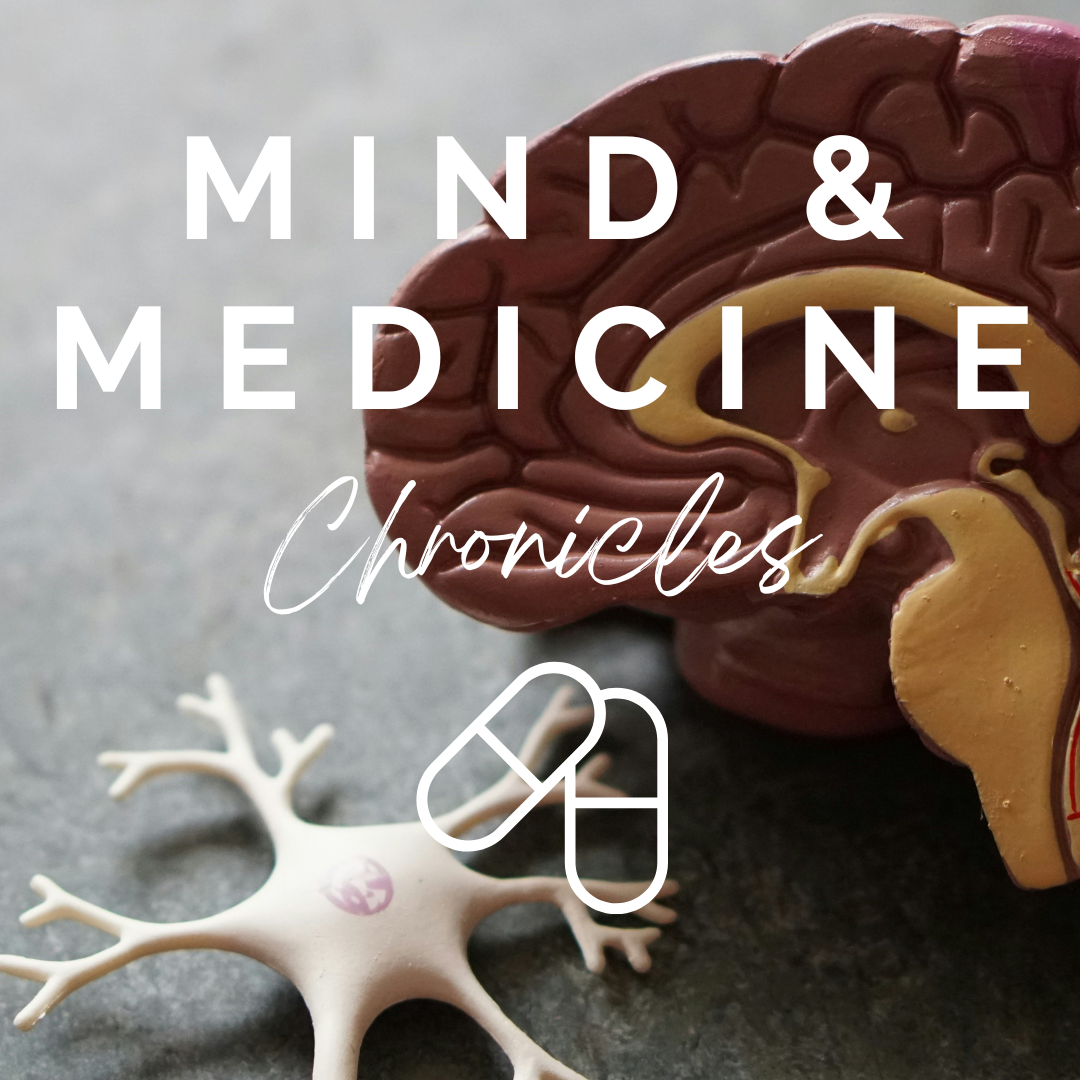Mental illness is a stigmatized subject among the majority of underserved groups, having a tendency to lead into stigma, misinformation, and undertreatment. The truth is, mental health is just as important as physical health, and knowledge is power in breaking down the barriers to care. Here in this blog post, we will be exploring some of the most common myths surrounding mental illness and substituting them with science-based facts.
Myth #1: “Mental illness isn’t real—it’s just an excuse.”
Truth: Mental illnesses are serious medical problems that affect the way the brain works, moods, and behavior. Like diabetes or heart diseases, they require proper treatment and care. Depression and anxiety are caused by a mix of genetic, biological, environmental, and psychological factors, according to the National Institute of Mental Health (NIMH).
Myth #2: “Only weak people have mental health issues.”
Truth: Strength has nothing to do with mental health. Mental illness can affect anyone, any age, any gender, and any background. Seeking help is a sign of strength, not weakness. Even the strongest individuals, athletes, leaders, and celebrities—struggle with mental health challenges.
Myth #3: “Therapy is only for rich people.”
Truth: While private therapy might be expensive, there are many low-or no-cost mental health services. Community clinics, teletherapy, and nonprofit organizations often offer free or sliding-scale therapy. Free assistance is also available by contracting hotlines like the Crisis Text Line (text HOME to 741741).
Myth #4: “Mental illness will go away if you just pray or think positively.”
Truth: Even as optimism and religion are healthy ways to cope, there are no substitutes for healthcare. Just like you wouldn’t pray away a broken leg without seeing a doctor, mental illnesses generally require professional treatment, such as therapy or medication.
Myth #5: “Mental health doesn’t affect physical health.”
Truth: The mind and body are interrelated. Physical ailments like a compromised immune system, high blood pressure, and heart disease can be caused by untreated mental illness. Studies have shown that depression and chronic stress increase the risk of heart disease and diabetes. Keeping your mind healthy is essential to overall health.
Breaking the Stigma: What You Can Do
Educate Yourself & Others: Share accurate information about mental health.
Promote Open Dialogue: Inform people that it’s acceptable to speak about mental illness without shame.
Seek Help When Needed: If you or someone you know is in need, don’t hesitate to speak with a mental health professional or a support system.
Mental health matters, and all individuals ought to have access to the appropriate care. By dispelling these myths, we can progress toward a world where mental health is recognized, accepted, and esteemed in all communities.
Make sure to follow our Instagram and comment on the post! Have any questions? You can contact us by email or by Instagram messages. To help you remember these recommendations, don’t forget to bookmark or share the infographic below!

The information in this post was sourced from a variety of reputable studies and resources. If you’re interested in reading more, check out the following links:


Leave a Reply